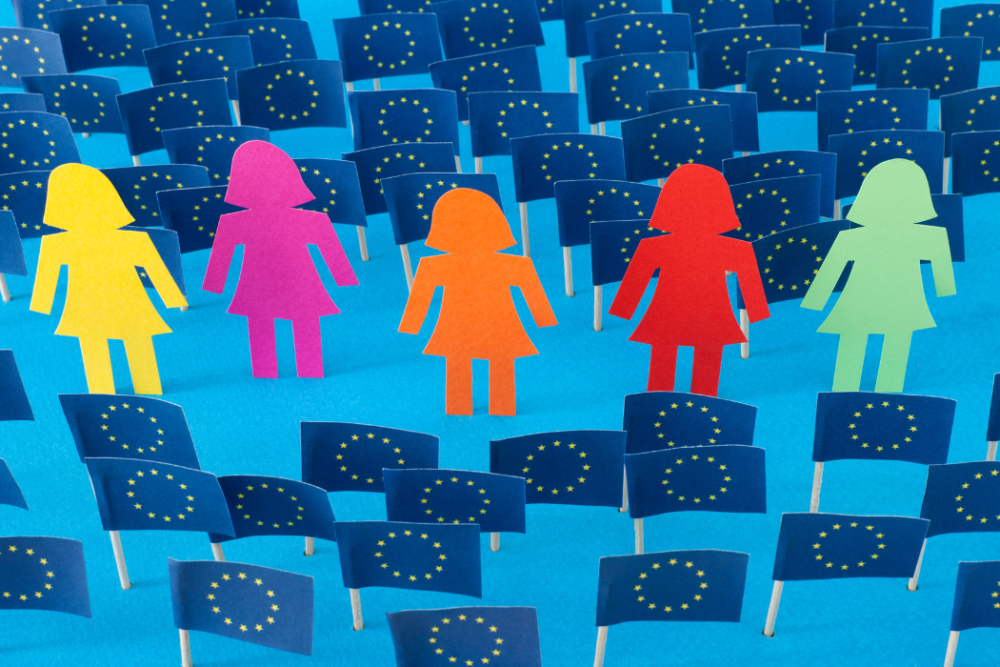The European Commission solicited public feedback on the proposed Directive on violence against women (VAW) and domestic violence from March to May 2022. The Directive responds to the prevalence and severity of these crimes throughout the EU and aims to provide uniform standards for preventing harm, protecting victims and punishing offenders. However, at the time of the solicitation, the EFRJ felt that the Directive had yet to sufficiently address some important aspects of victims’ needs, namely their empowerment and healing through personal agency.
The EFRJ Working Group on Restorative Justice and Gender-Based Violence addressed these issues by submitting a position paper to the European Commission. Drawing upon practical experience, current research findings and relevant international legal and policy documents, the paper offers several recommendations with the following overarching goals in mind:
- Securing the availability of restorative justice for victims, their right to be informed about the existence of these services, and the opportunity to freely choose to participate or not, within and beyond criminal procedures, taking into account their individual needs.
- Establishing and guaranteeing provisions related to safeguards and high standards of practice for restorative justice services dealing with cases of VAW.
A special thanks goes to Valentina Bonini, Tim Chapmant and Kristen Parker for their precious contributions.


